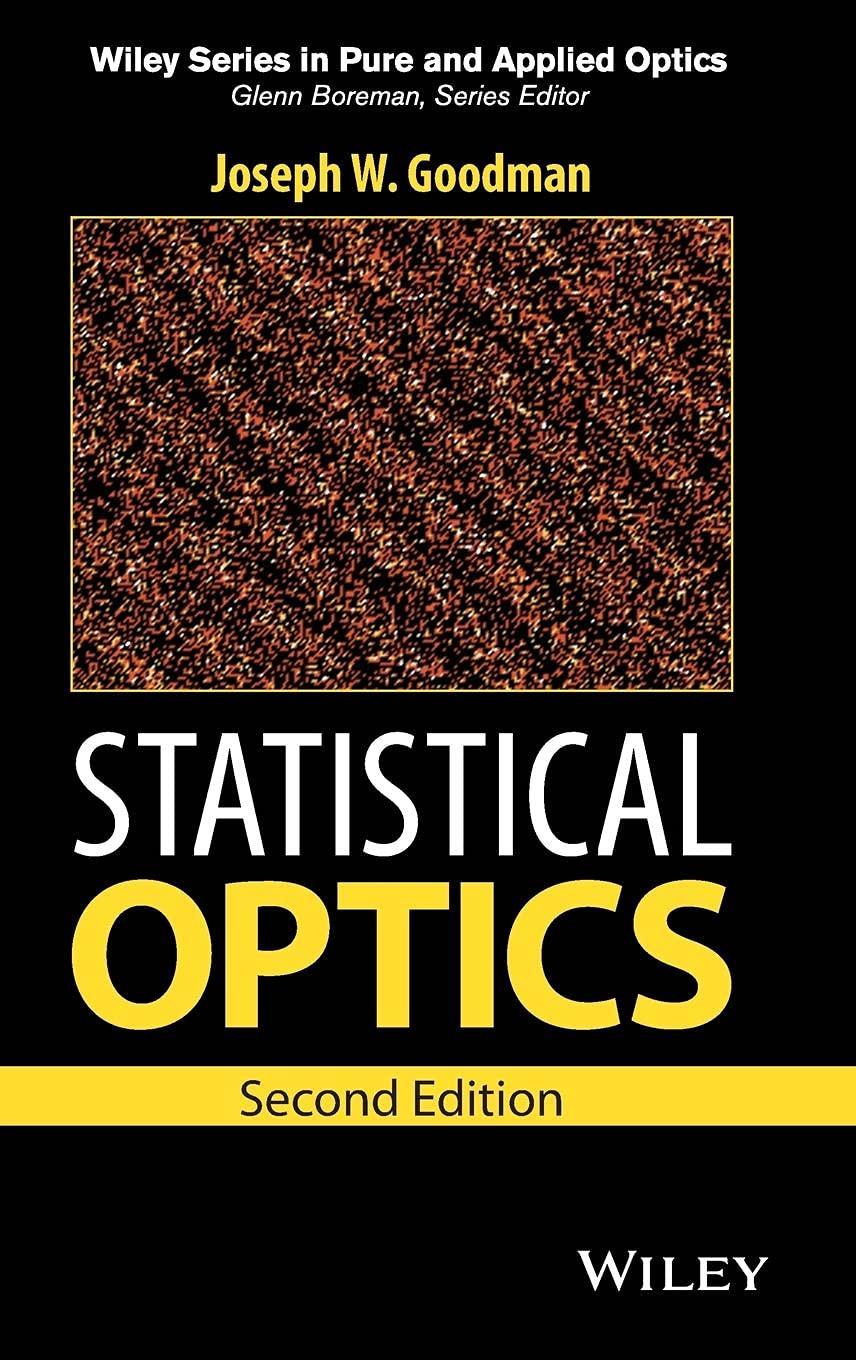Consider two independent, identically distributed random variables (Theta_{1}) and (Theta_{2}), each of which obeys a probability density
Question:
Consider two independent, identically distributed random variables \(\Theta_{1}\) and \(\Theta_{2}\), each of which obeys a probability density function
\[ p_{\Theta}(\theta)=\left\{\begin{array}{cc} \frac{1}{2 \pi} & -\pi<\theta \leq \pi \\ 0 & \text { otherwise } \end{array}\right. \]
(a) Find the probability density function of the random variable \(Z\) defined by
\[ Z=\Theta_{1}+\Theta_{2} \]
(b) If \(Z\) represents a phase angle that can only be measured modulo \(2 \pi\), show that, despite the result of (a), \(Z\) is uniformly distributed on \((-\pi, \pi)\).
Fantastic news! We've Found the answer you've been seeking!
Step by Step Answer:
Related Book For 

Question Posted:





